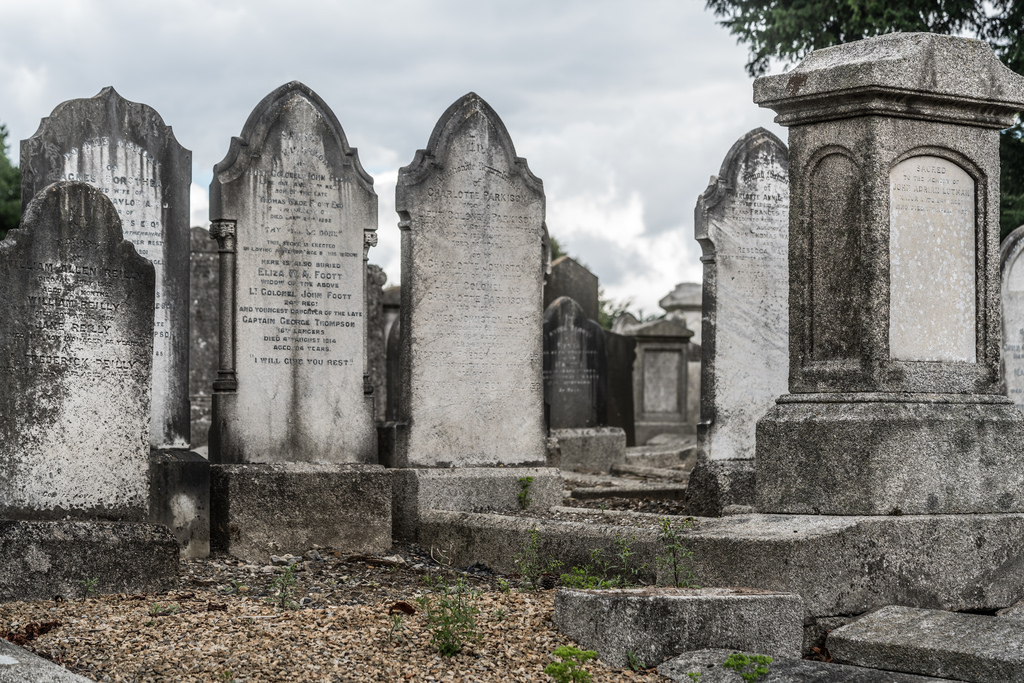 EMERGING TECH
EMERGING TECH
 EMERGING TECH
EMERGING TECH
 EMERGING TECH
EMERGING TECH
Facebook Inc. has more than 2 billion people using its social network, more than a quarter of the Earth’s population, and with such a large user base, it is inevitable that some users will pass away, leaving a graveyard of profiles that still contain the personal information of the deceased.
Over the years, Facebook has introduced features that allow family members to turn their loved ones’ profiles into memorials that can no longer be edited, but what happens to all of that data? Monika Bickert, director of global policy management, answered that question today in another of Facebook’s “Hard Questions,” where the company tries to explain its approach to the challenges of running a global community.
According to Bickert, dealing with profiles for the deceased is not a straightforward problem, as the company has to consider not only the users’ wishes, but also those of their family and the legal system.
“These questions — how to weigh survivors’ competing interests, determine the wishes of the deceased, and protect the privacy of third parties – have been some of the toughest we’ve confronted, and we still don’t have all the answers,” Bickert said. “Laws may provide clarity, but often they do not. In many countries, the legal framework for transferring assets to surviving family members does not account for digital assets like social media or email accounts. We are, however, doing our part to try and make these situations easier for everyone.”
The first party Facebook considers, said Bickert, is the deceased users themselves. Most of the time, Facebook has no way of knowing what a user wanted for their account after they passed, so the company by default tries to “leave the account exactly as that person left it.”
Once Facebook learns that a user has died, their account is turned into a memorial that keeps all pictures and past posts, but blocks any attempts to log in to the account and make changes. “We don’t remove or change anything,” Bicker said. “This is our way of respecting the choices someone made while alive.”
Users with a little more foresight can choose to name a friend or family member as their legacy contact, a feature Facebook introduced in 2015. If a user has a legacy contact when the account is memorialized, then that person gains limited control of the profile, including the ability to make a post that remains at the top of the deceased user’s page. Legacy contacts can also accept new friend requests and add a new profile picture and cover image. Depending on a user’s setting, legacy contacts may also be able to access an archive of all of their Facebook data, including photos, posts, videos and so on.
Although Facebook tries to honor the wishes of deceased users and their families, Bickert said the legality of sharing some private data is complicated.
“Even where the laws are clear and the intent of the deceased person is clear, we sometimes have other interests to consider,” Bickert said. “For instance, if a father loses a teenaged son to suicide, the father might want to read the private messages of his son to understand what was happening in his son’s life.”
Facebook believes that private conversations between two people were meant to remain private, Bickert said, and even if it “feels right to turn over private messages to family members,” doing so might break privacy laws in many countries.
“Despite our efforts to respect the wishes of those who pass away and those who survive them, we still encounter difficult situations where we end up disappointing people,” Bickert said. “And even when we know perfectly and can act consistently with the wishes of the deceased and their loved ones, we know our actions will be of limited comfort.”
Noticeably absent from Bickert’s statements was any mention of what Facebook actually does with a deceased user’s data. The company could still be selling that data to third parties as it does with the rest of its data, and it could even have repositories that consist solely of dead users. Facebook has already shown that it analyzes data to spot users struggling with suicidal thoughts, so it does not seem like a stretch to imagine that Facebook might be doing the same with deceased users.
Facebook suffered serious backlash when the public learned it had been secretly conducting social experiments on some of its users, so if the company is analyzing data from the dead, it is probably not eager to share that knowledge anytime soon.
THANK YOU